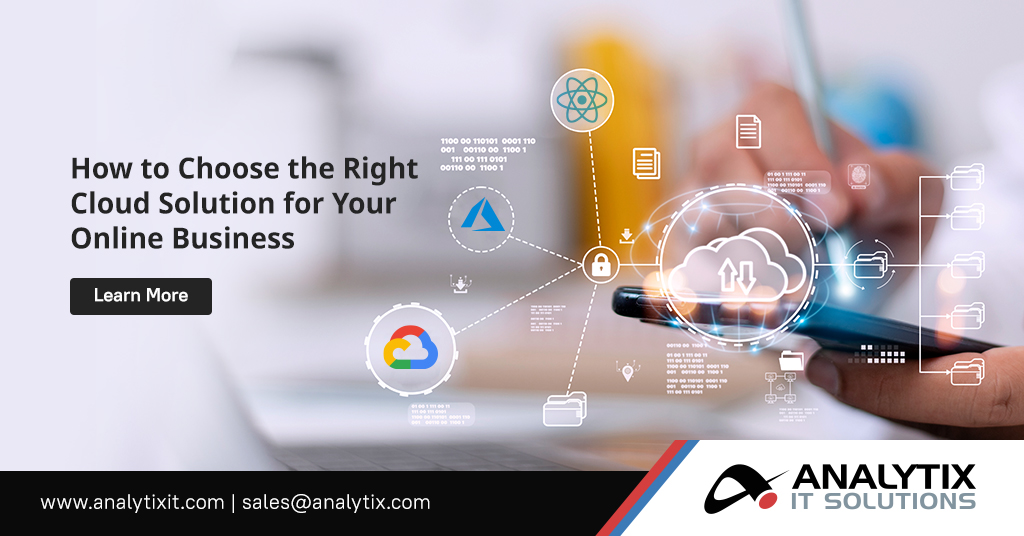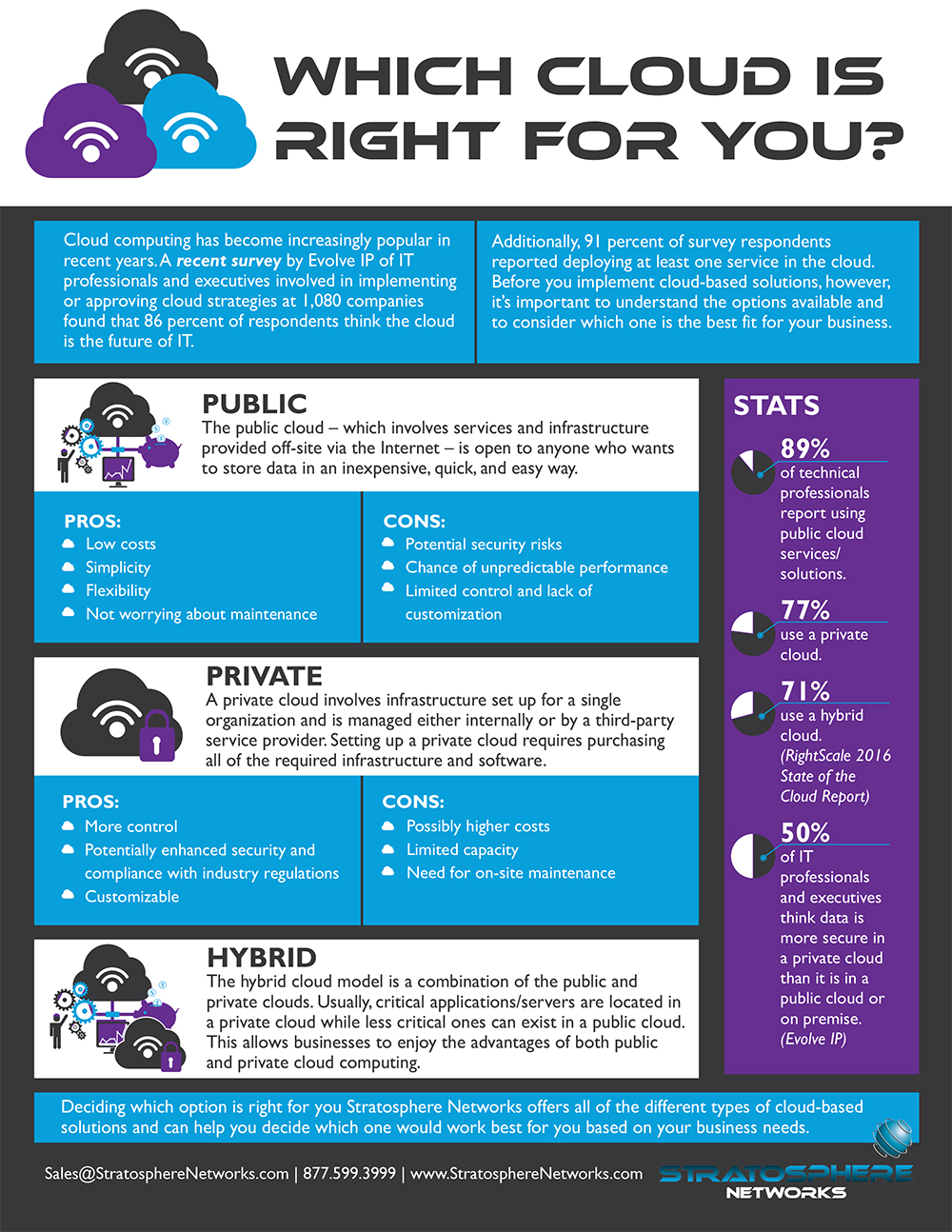
Understanding Cloud Computing Solutions
Definition of Cloud Computing
Cloud computing refers to the on-demand delivery of computing services over the internet, allowing users to access and manage their resources without the need for physical hardware. It enables startups and businesses to utilize computing power, storage, and software solutions via a cloud service provider. Imagine this: instead of maintaining a server in your office that demands monitoring and maintenance, you can simply leverage cloud services and scale up as your startup grows.
Types of Cloud Solutions
There are several types of cloud solutions tailored to various business needs:
- Public Cloud: Services offered over the public internet, suitable for small businesses seeking low-cost solutions.
- Private Cloud: Dedicated resources for a single organization, enhancing security and control.
- Hybrid Cloud: A mix of public and private, enabling flexibility and scalability.
Each type serves distinct purposes based on startup requirements, paving the way for more efficient operations as discussed in our TECHFACK blog!

Assessing Your Startup’s Needs
Identifying Your Requirements
Before diving into cloud solutions, it’s crucial for startups to pinpoint their specific requirements. Ask yourself:
- What applications will we need?
- How much data storage do we expect to use?
- What is our budget for IT resources?
For instance, a startup focused on e-commerce may require substantial storage for product images and transaction data, while a tech startup might prioritize high compute power for software development. Understanding your unique needs will streamline the decision-making process.
Scalability and Flexibility Considerations
One key advantage of cloud computing is its scalability. Startups often begin small but need solutions that can expand as they grow.
Consider these points:
- On-demand resources: Can you easily add storage or processing power?
- Adaptive costs: Will pricing adjust based on your usage, preventing overspending?
By prioritizing scalability and flexibility, startups can ensure their cloud infrastructure grows in tandem with their ambitions, as highlighted in previous discussions on TECHFACK.

Researching Cloud Providers
Top Cloud Providers for Startups
Once you’ve identified your requirements and considered scalability, the next step is researching cloud providers. Here are some top choices that particularly cater to startups:
- Amazon Web Services (AWS): Known for its vast service offerings and mature platform.
- Google Cloud Platform (GCP): Great for data analytics and machine learning.
- Microsoft Azure: Excellent integration with Microsoft tools, perfect for businesses already in the Microsoft ecosystem.
Each provider has unique features to address various startup needs, fostering efficiency and innovation.
Comparing Features and Pricing
When evaluating cloud providers, consider both features and pricing to ensure you get the best value. Here’s a quick comparison approach:
- Tiered pricing models: Understand how costs escalate with increased usage.
- Included services: Look out for extras like security measures or support.
For example, a business relying heavily on data analytics may find that GCP’s pricing for analytics services is more competitive than others. Keeping these factors in mind, as discussed in our insights on TECHFACK, can help you make an informed decision.

Security and Compliance Factors
Data Security Measures
As startups navigate the cloud environment, prioritizing data security is paramount. This means understanding the protective measures your cloud provider implements. Here are key data security measures to consider:
- Encryption: Ensures that data is secure both in transit and at rest.
- Multi-factor Authentication (MFA): Adds an extra layer of security to user accounts.
- Regular Backups: Safeguards against data loss, allowing for quick recovery.
For instance, when my startup migrated to the cloud, we opted for a provider that offered comprehensive encryption and MFA, significantly boosting our confidence.
Compliance Standards and Regulations
Understanding compliance standards is equally crucial. Startups must be aware of regulations that impact their operations, such as:
- GDPR: For businesses operating in or dealing with EU citizens.
- HIPAA: Essential for healthcare organizations handling sensitive patient data.
Demonstrating compliance not only builds customer trust but also keeps your startup out of legal trouble. By ensuring your cloud provider adheres to these regulations, as emphasized in our discussions on TECHFACK, you can focus on scaling your business with peace of mind.

Integration and Compatibility
Assessing Integration Capabilities
As startups shift to the cloud, assessing integration capabilities is essential for seamless operations. A cloud solution should easily connect with your existing applications and services. Here are some points to consider:
- API Access: Robust APIs allow for easy integration with tools you already use.
- Third-party Services Compatibility: Can the cloud provider integrate with popular platforms like CRM or ERP systems?
For example, when my team chose our cloud provider, we prioritized seamless integration with our project management tool, which improved collaboration significantly.
Compatibility with Existing Systems
Compatibility with existing systems can dictate how smoothly your transition to the cloud will be. Consider these areas:
- Operating Systems: Ensure support for the systems your team is already accustomed to.
- Legacy Systems: Evaluate whether the cloud solution can accommodate or replace outdated technology.
By ensuring compatibility, as highlighted in our insights on TECHFACK, you can avoid disruption while enhancing overall productivity and efficiency.

Performance and Reliability Considerations
Uptime and SLA Requirements
When selecting a cloud provider, performance and reliability must be top priorities. Uptime guarantees indicate how often your service will be available. Here are some essential factors to consider:
- Service Level Agreements (SLA): Look for clear SLAs stating the uptime percentage—aim for at least 99.9% reliability.
- Compensation Clauses: Understand what compensation is offered in case the provider fails to meet uptime commitments.
In my experience, choosing a provider with a solid SLA saved us from potential revenue losses during critical system outages.
Performance Monitoring Tools
Additionally, utilizing performance monitoring tools can ensure your cloud resources are functioning optimally.
Consider:
- Real-time Monitoring: Tools that provide live updates on performance metrics.
- Alerts and Reporting: Systems that notify you of issues before they escalate.
For instance, our startup implemented a monitoring tool that helped us identify slow response times early, allowing us to address issues proactively. By focusing on these performance and reliability factors, as discussed in our TECHFACK blog, startups can maintain operational efficiency and enhance customer satisfaction.

Cost Analysis and Budgeting
Understanding Cost Structures
Navigating the financial aspects of cloud computing is critical for startups. Understanding the cost structures of different cloud providers can greatly influence your decision. Costs typically fall into several categories:
- Pay-as-you-go pricing: Pay only for what you use, ideal for startups with fluctuating needs.
- Subscription models: Fixed monthly fees provide predictability and help with budgeting.
- Additional fees: Consider costs for data transfers, storage, and additional features.
In my own experience, shifting from a pay-as-you-go model to a subscription reduced our expenses significantly during quieter months.
Budgeting for Cloud Solutions
Effective budgeting is key to maximizing your cloud investments. To create a budget, follow these steps:
- Estimate usage: Analyze past usage and predict future needs.
- Set a contingency fund: Allocate extra funds for unexpected costs.
By budgeting effectively, as emphasized in our discussions on TECHFACK, startups can harness the power of cloud solutions without breaking the bank, ensuring sustainable growth and innovation.

Decision-Making Process
Creating a Selection Criteria
With a comprehensive understanding of cloud solutions and budgeting in place, the next step is to establish a selection criteria. This framework will aid in evaluating potential providers consistently. Consider these key elements:
- Performance and reliability: Assess uptime guarantees and SLAs.
- Cost-effectiveness: Weigh pricing structures against your budget.
- Security features: Determine necessary data protection measures.
For my startup, prioritizing security and cost-effectiveness helped narrow down our list substantially, ultimately leading to a well-informed decision.
Evaluating Proposals and Making a Decision
Once you’ve gathered proposals, it’s time to evaluate them against your criteria.
- Scoring system: Create a scoring system for an objective comparison.
- Seek feedback: Involve team members for diverse perspectives.
Ultimately, trust your insights and gut feelings, as personal connections with providers can also influence your comfort level. By following these steps, as outlined in our insights on TECHFACK, startups can confidently choose the right cloud provider to support their growth journey.

